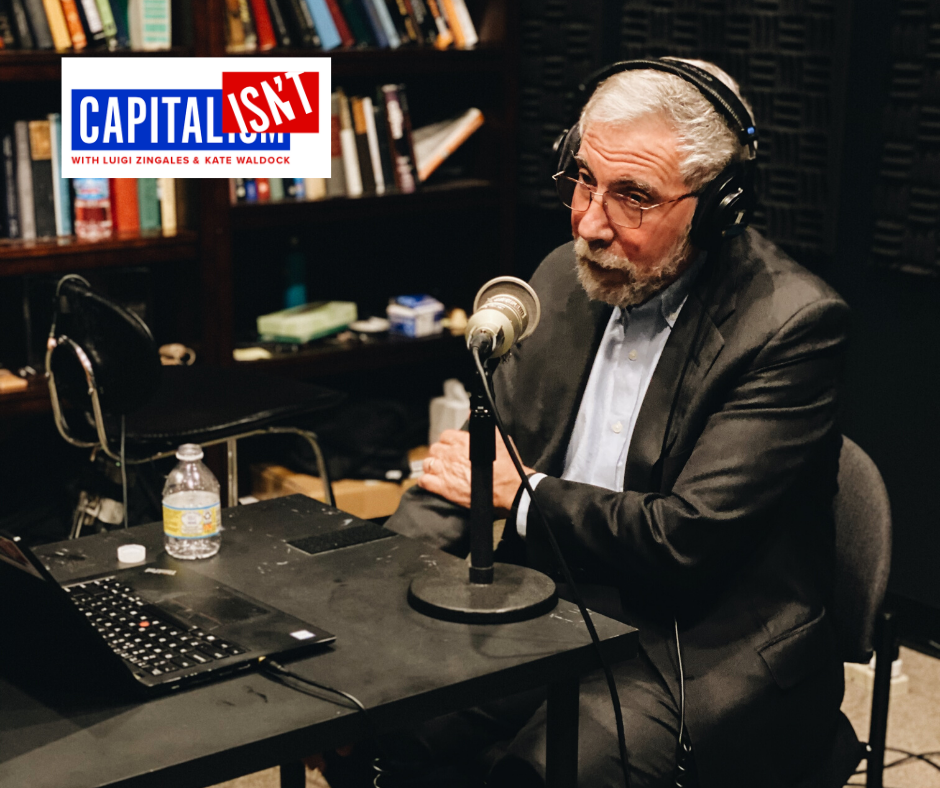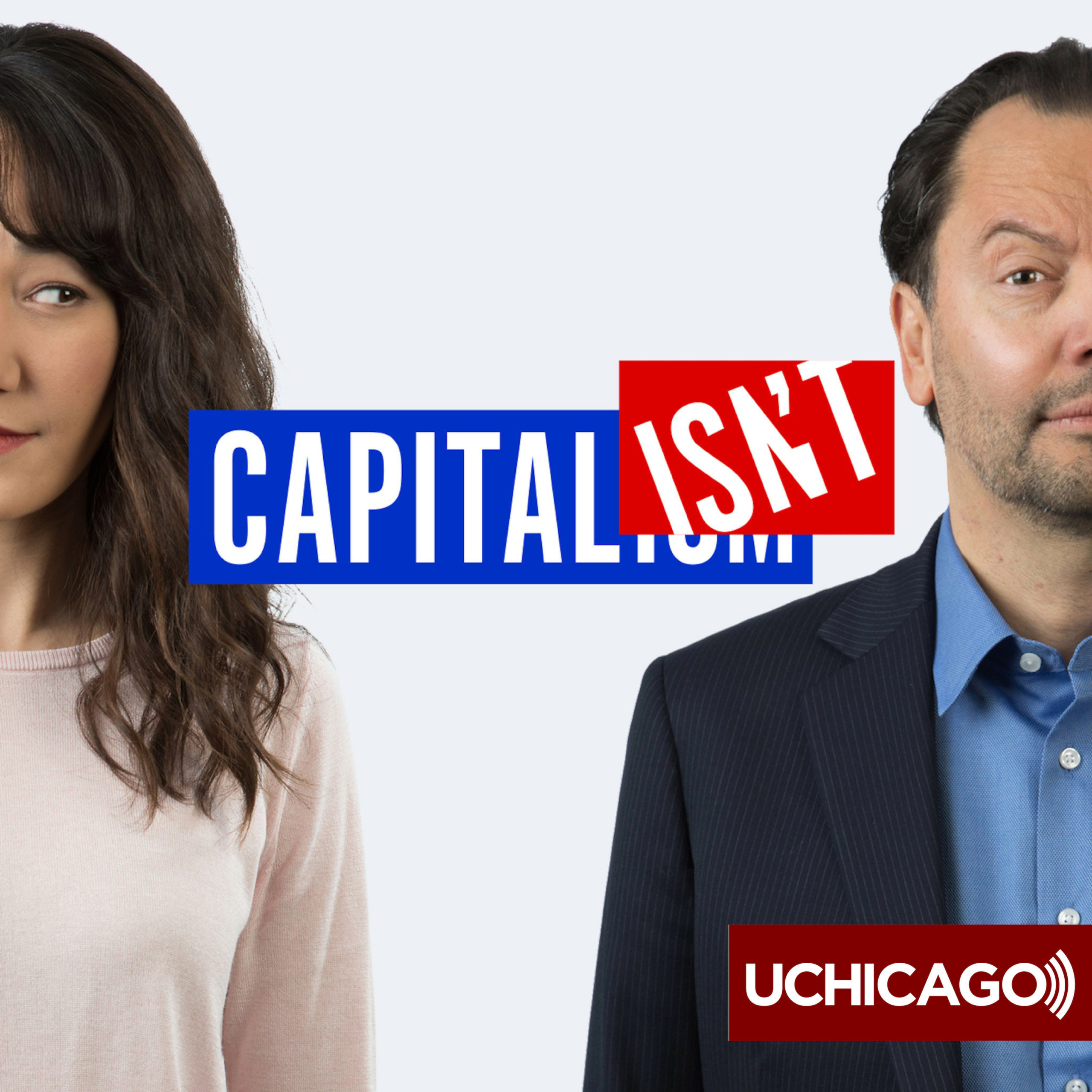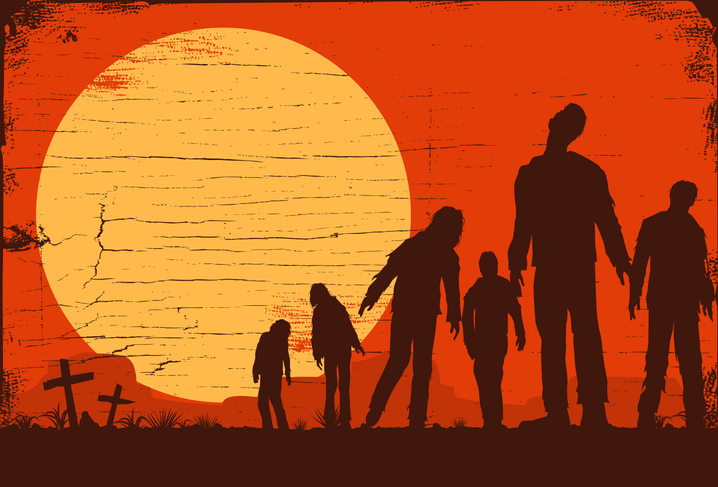On this episode, Kate and Luigi talk with Nobel Prize-winning economist Paul Krugman about his new book Arguing with Zombies: Economics, Politics, and the Fight for a Better Future, why he thinks the US economy has failed the middle class, and how we can create a better economic future for our children.

If you had to name the world’s most famous living economist, it would be hard to come up with anyone other than Paul Krugman.
On this episode, Kate and Luigi talk with Krugman about his new book Arguing with Zombies: Economics, Politics, and the Fight for a Better Future, why he thinks that the US economy has failed the middle class, and how we can create a better economic future for our children. You can listen to the episode here:
Also, read the introduction to Paul Krugman’s new book here.
“There are many issues in politics, and you could imagine people staking out a wide variety of positions that don’t correspond to a simple left-right axis. You could, for example, envision voters who are strongly in favor of gun control, demand aggressive policies to fight global warming, but want to see Social Security and Medicare privatized if not eliminated.
In practice, however, politics in modern America really is pretty much one-dimensional. This is especially true among elected representatives. Tell me where a member of Congress stands on issues like universal health care, and you can predict where he or she stands on climate policy—and vice versa.”
If you are curious to read Krugman’s article on the economics of English food, which Luigi mentions during the episode, you can find it here:
“Maybe the first question is how English cooking got to be so bad in the first place. A good guess is that the country’s early industrialization and urbanization was the culprit. Millions of people moved rapidly off the land and away from access to traditional ingredients.
Worse, they did so at a time when the technology of urban food supply was still primitive: Victorian London already had well over a million people, but most of its food came in by horse-drawn barge. And so ordinary people, and even the middle classes, were forced into a cuisine based on canned goods (mushy peas!), preserved meats (hence those pies), and root vegetables that didn’t need refrigeration (e.g. potatoes, which explain the chips).”
And don’t forget Paul Krugman’s Nobel Prize lecture on trade theory:
“The emergence of the new trade theory was, in the first place, made possible by the new models of monopolistic competition. But it did not remain confined to those models; by the mid-1980s recognizably “new trade” approaches had been taken to trade involving external economies, Cournot and Bertrand oligopoly, even contestable markets. What made it all possible was a shift in attitude among trade theorists, mainly consisting of two changes.
First, there was a new willingness to explore the implications of illuminating special cases
rather than trying to prove general results given some broad upfront assumptions.
Second, there was a change in focus from detailed predictions–which country produces each specific good to system-level or aggregate descriptions of the pattern of trade”
ProMarket is dedicated to discussing how competition tends to be subverted by special interests. The posts represent the opinions of their writers, not necessarily those of the University of Chicago, the Booth School of Business, or its faculty. For more information, please visit ProMarket Blog Policy.







